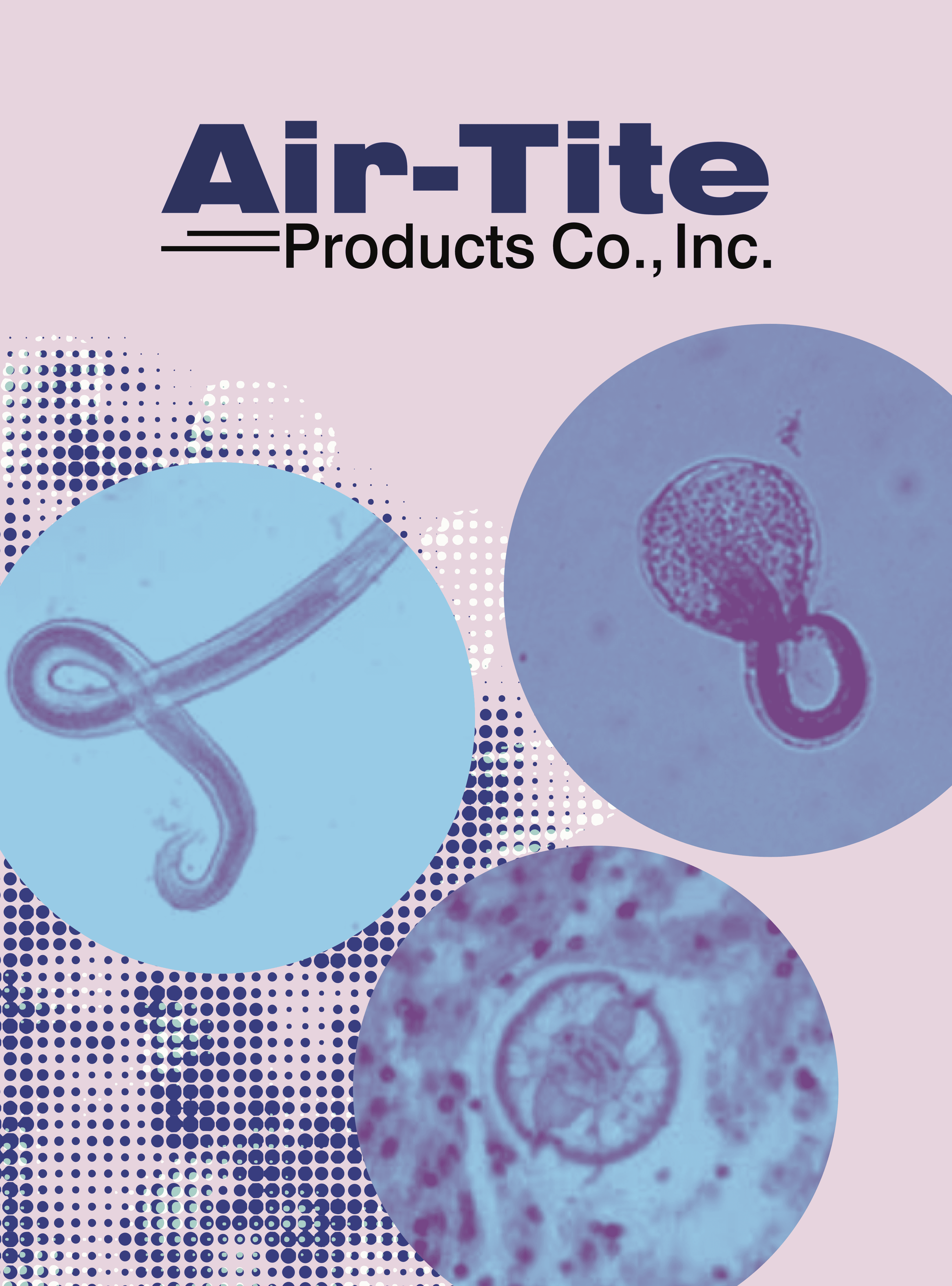
Diagnosing and treating parasitic worm infections in wildlife is essential for the preservation of ecosystem health. These infections can have detrimental effects on the overall well-being and survival of wild animals. One effective method of diagnosing worm infections in wildlife is through fecal testing.
Advantages of fecal testing
- Accurate diagnosis: Fecal testing allows for the accurate identification of worm species present in the wildlife population. Different worm species require different treatment approaches, so an accurate diagnosis is crucial for effective treatment.
- Non-invasive: Fecal testing is a non-invasive method of diagnostics. It involves collecting a small sample of feces from the animal's environment, which minimizes stress and harm to the animal.
- Early detection: Fecal testing enables the early detection of worm infections in wildlife. Early detection allows for prompt treatment, reducing the potential spread of the infection to other animals.
- Monitoring population health: Regular fecal testing can help monitor the overall health of the wildlife population. By tracking the prevalence and intensity of worm infections, researchers can identify trends and implement appropriate conservation measures.
The process of fecal testing
Fecal testing involves several steps:
- Sample collection: A small sample of feces is collected from the animal's environment using gloves and a clean container. The sample should be fresh and uncontaminated to ensure accurate results.
- Laboratory analysis: The fecal sample is sent to a laboratory where it undergoes analysis. The laboratory technicians examine the sample under a microscope to identify the presence of worm eggs or larvae.
- Species identification: If worm eggs or larvae are detected, further tests are conducted to identify the specific species of worms present. This information is crucial for selecting the appropriate treatment.
- Treatment and monitoring: Once the worm species is identified, the wildlife veterinarian can prescribe the appropriate treatment. After treatment, regular fecal testing is necessary to monitor the effectiveness of the treatment and ensure the complete elimination of the parasites.
Using fecal testing as a diagnostic tool for worm infections in wildlife is crucial for effective management and conservation efforts. It allows for accurate diagnosis, early detection, and appropriate treatment, ultimately contributing to the overall health and well-being of wild animal populations.
Silent Voices Wildlife Rehabilitation is holding a training seminar for all of our members to learn how to interpret fecal test to help save the rescues that you bring us! Many of the raccoons, squirrels, opossums, rabbits, etc are brought to us with parasitic infections. We are providing our staff training on January 27th to further educate them on how to identify these parasites and provide them with medications to have on hand. If you are interested in attending this seminar, please contact us and see our calendar page of our website for more information. The cost is attend is $25. Who knows, you might end up joining the team at Silent Voices Wildlife Rehabilitation!
Special "thank you" to one of our sponsors, Air-Tite Products Company, for providing us with medical equipment for our training seminar! We will be sure to share photos and videos on social media of our seminar.









